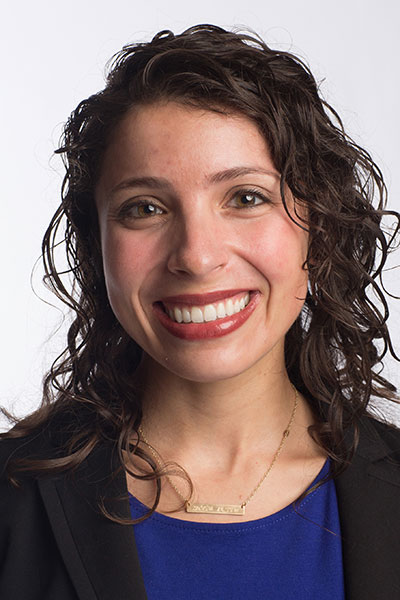While there is no debate as to whether racial and ethnic disparities exist in the diagnosis and treatment of diabetes, there is debate about how best to address those disparities, including how different populations should be screened for diabetes risk. A Friday, June 21, session will feature a pair of health policy experts who will debate the use of different cut points for diabetes screening and diagnosis for different racial and ethnic groups.

Race and Ethnicity-Based Cut Points in Diabetes Screening and Diagnosis—Benefit or Harm for Reducing Disparities will be held from 12:45 p.m. – 1:45 p.m. ET in Room W320, the Chapin Theater, of the Orange County Convention Center. The debate will be livestreamed on the virtual meeting platform for registered meeting participants. It also will be available on-demand following the 84th Scientific Sessions.
Quyen Ngo-Metzger, MD, MPH, Professor in the Department of Health Systems Science at the Kaiser Permanente Bernard J. Tyson School of Medicine, will argue that the use of race- and ethnicity-based cut points can potentially reduce health disparities in the diagnosis of diabetes.
“Population-based studies have found that Asian persons overall have higher percentages of abdominal adiposity, at any given BMI, compared to white persons,” Dr. Ngo-Metzger said. “Given this well-documented observation, the World Health Organization (WHO) recommends a lower BMI threshold—23 kg/m2 as opposed to 25 kg/m2—for screening for diabetes among Asians.”
In the U.S., both the American Diabetes Association (ADA) and the U.S. Preventive Services Task Force (USPSTF) recommend screening Asian American adults at a lower BMI compared to whites, she noted.
“We know that Asian Americans are at higher risk for diabetes compared to white Americans at similar BMI. They are also less likely to be screened for diabetes and remain undiagnosed and untreated,” Dr. Ngo-Metzger said. “Using this lower BMI threshold for screening would decrease the prevalence of undiagnosed diabetes in Asian Americans and can potentially decrease diabetes-related morbidity and mortality.”

Jessica Cerdeña, MD, PhD, Assistant Research Professor in the Department of Anthropology and the Institute for Collaboration on Health, Intervention, and Policy (InCHIP) at the University of Connecticut, will argue that the use of race- and ethnicity-based cut points is complicated and that the harm may outweigh the benefit when it comes to addressing health disparities.
“This question has become increasingly relevant as multiple clinical societies are moving to combat notions of race as a biological category and have proposed alternatives to existing race-based guidelines,” Dr. Cerdeña said. “Race-based cut points ignore the socio-environmental effects of structural racism, and race-based diagnosis and treatment patterns promote racial profiling and legitimize racism.”
She believes models of diabetes risk that include race would be improved by using more precise variables, such as visceral adiposity instead of BMI and Index of Concentration at the Extremes (ICE) instead of race.
“Race is not a biologically meaningful category and is instead a political division steeped in white supremacist logic,” Dr. Cerdeña said. “Rather than accepting race as a determinant of diabetes risk, a race-conscious medical approach would intervene on the racist conditions that make it harder to prevent and treat diabetes. Ultimately, dismantling racist policies is the more effective approach to health disparities in diabetes.”
Get On-Demand Access to the Scientific Sessions
There is still time to register for on-demand access to learn about the latest advances in diabetes research, prevention, and care presented at the 84th Scientific Sessions. Select session recordings will be available through Aug. 26.